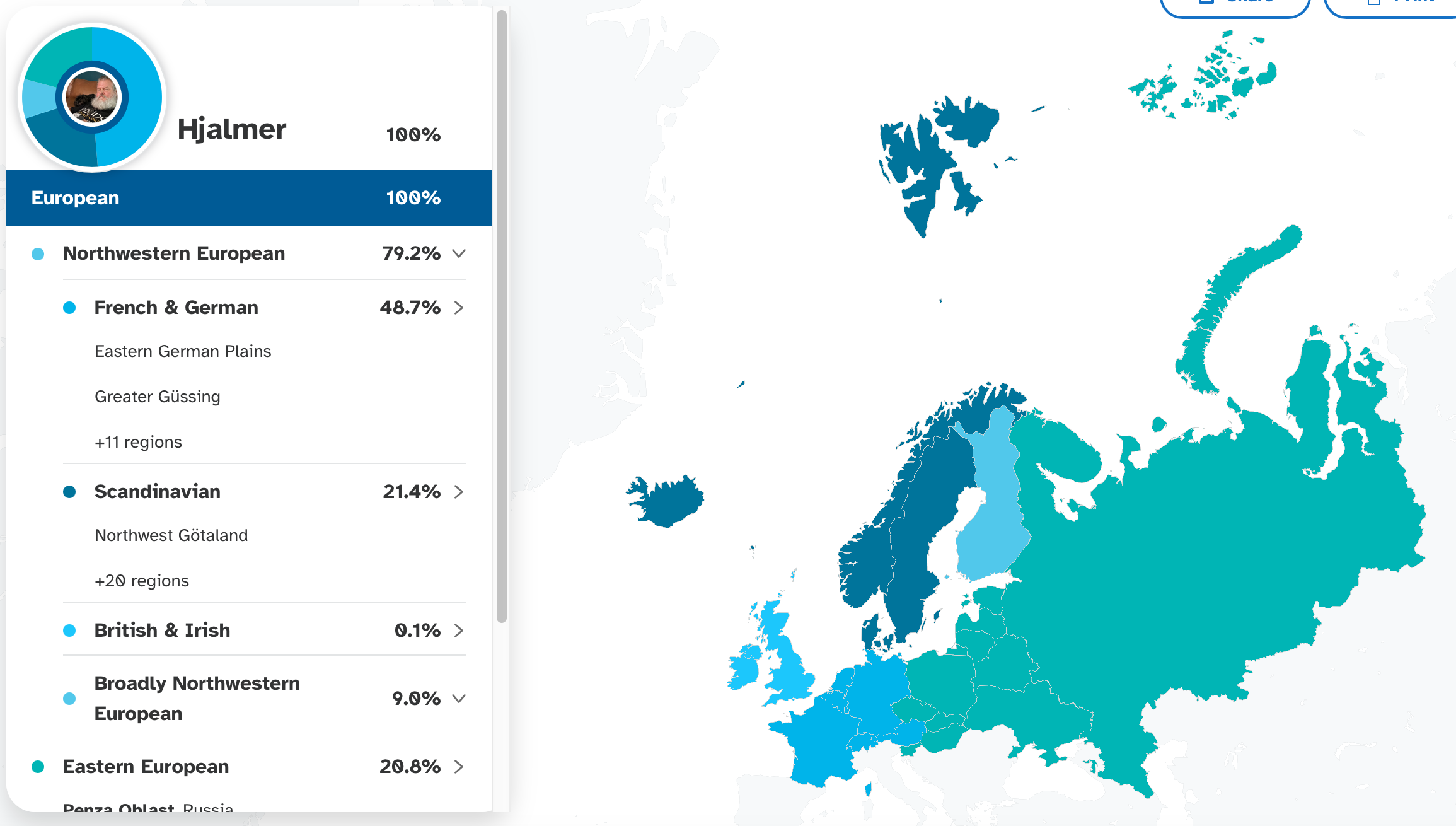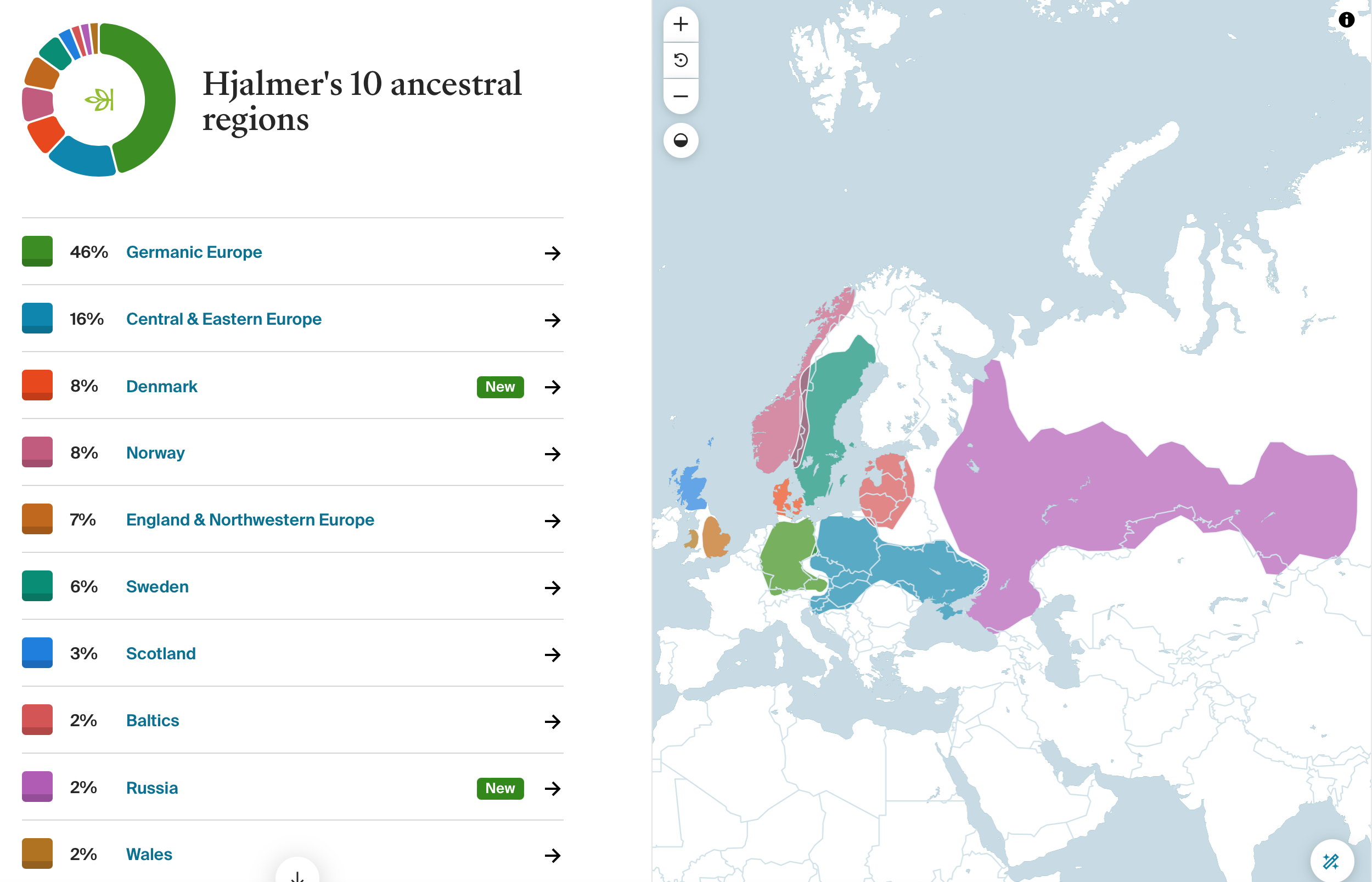A long time ago, I spent time with my mom in research libraries looking at microfilm and microfiche, looking for records proving lineage. On one side of the tree we were building were real and true blood ties. On the other, the lineage of the man who adopted me as his own and gave me his family’s name. I grew up in a blended family. Both sides contain some of the best humans I have ever known.
Even the history of a family name itself is fascinating. We believe we have discovered the origin in a place in what is now Poland. We have also developed relationships with folks in Europe who are actively seeking the diaspora, who wonder why so few in America seem to care.
I have even had the privilege of being on the ground in Sweden, with a large extended family and having the sensation of a strange place feeling at once comfortable and familiar.
But there was a third axis missing and a window possibly closing, which represents my lineage through my birth father. We are not close, despite his efforts. And I admit feelings of regret all the while acknowledging that I’m trying to protect myself from more pain. In a very real way, I already lost him once.
So now, after so much time has passed, I am going to try to reconnect and attempt to carry forward what I can.
Meanwhile, because I am an introvert, I have been researching my genetics directly as it is not nearly so emotionally fraught.
The results are both more and less specific than I hoped. My recent genealogy is European. Full stop. But I expected results to be more concentrated in Sweden or Germany than they are. At the same time, more of my genetics are continental European. The surprise for me was the Polish and Russian. A sort of relief comes from knowing I am genetically related to people who lived in the same part of the world that my family name comes from.
Where family lore is concerned, a great-grandfather who came to the USA in the 20th century always claimed he was descended from Viking blood. What I have learned via 23andMe is that I share one or more segments of DNA with human remains from several Viking Era archeological sites ranging from Dublin, Ireland, the Faroe Islands, the Isle of Mann, the UK, and Denmark. These are remains not necessarily associated with local populations, but more so with trade or battle. It’s not proof of lineage, mind you, but fascinating all the same.
Another thing that DNA testing does is share how you may be connected genetically with others who have used the same services. Even inside of that relatively small slice of humanity, there are thousands of people alive right now, internationally, with whom I share small segments of DNA. And that is a sobering connection to all of humanity.

